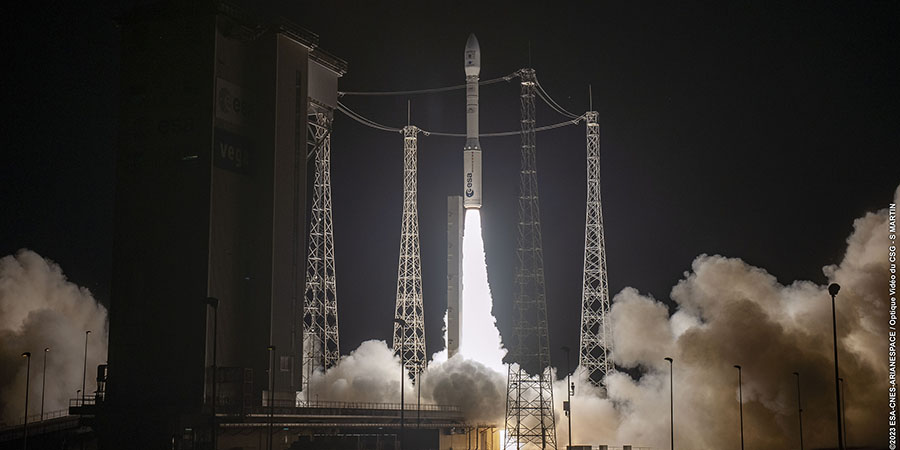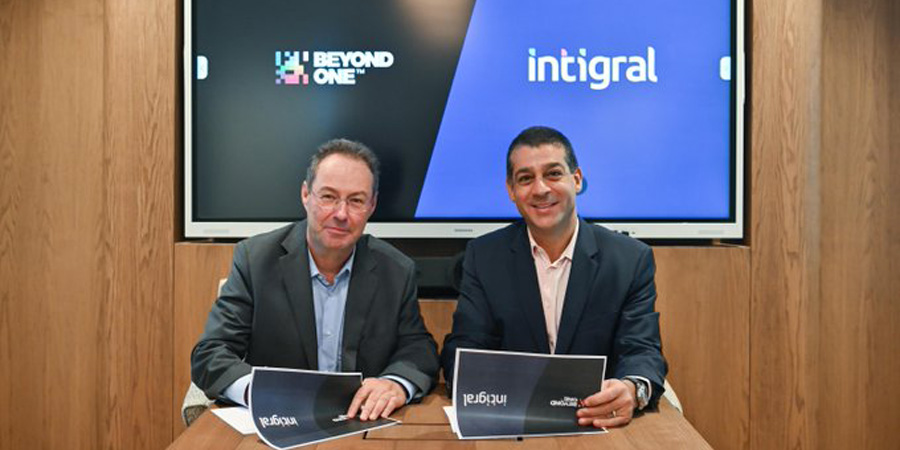In an era where technology is pivotal, the locksmith industry is undergoing a significant transformation, thanks to the integration of sophisticated telecom solutions. These technological advancements are not mere enhancements; they are pivotal in reshaping how locksmith services operate, particularly in emergency scenarios. This integration marks a paradigm shift, ushering in an era of enhanced efficiency and reliability in locksmith services.
The Role of Advanced Telecommunications in Emergency Locksmith Services
Telecommunications technology has emerged as a linchpin in the evolution of emergency locksmith services. The infusion of advanced telecom systems has dramatically streamlined operations, enhancing both efficiency and response times. In urgent scenarios, where every second counts, these technologies ensure swift and effective solutions, markedly improving the quality of service delivered to clients in distress.
GPS and Real-Time Tracking for Faster Response
The implementation of GPS technology stands at the forefront of this transformation. In emergency situations, precision and speed are paramount. GPS systems enable locksmiths to pinpoint clients' locations with remarkable accuracy, ensuring rapid response times. This technological leap not only minimizes the time taken to reach clients but also significantly reduces the stress and anxiety associated with lockout scenarios.
Mobile Applications: Bridging the Gap Between Customers and Locksmiths
Mobile applications are redefining customer interaction within the locksmith industry. These apps serve as a conduit, directly connecting clients with locksmith services. They offer real-time updates and streamlined communication, allowing customers to request services with just a few taps. This immediacy and ease of access are paramount in emergencies, ensuring that help is just a smartphone away.
Enhanced Communication Systems for Improved Service Delivery
The advent of advanced communication technologies, such as Voice over Internet Protocol (VoIP), has further optimized the delivery of emergency locksmith services. These systems facilitate seamless, real-time communication between locksmiths and clients, as well as among team members. Such efficient communication protocols are crucial in coordinating rapid responses to emergency calls, ensuring that the service provided is both swift and effective.
Future Trends: IoT and AI in Locksmith Emergency Services
Looking ahead, the integration of the Internet of Things (IoT) and Artificial Intelligence (AI) stands to revolutionize the locksmith industry even further. These technologies promise to bring about a new wave of innovation, from smart locks that can diagnose and report issues autonomously, to AI-driven systems capable of predicting and preemptively responding to potential emergency situations. The future of locksmith services is poised on the cusp of a new era, marked by unprecedented technological advancement.
In a nutshell, the incorporation of telecom solutions into locksmith emergency services has been transformative. It has not only enhanced the efficiency and responsiveness of these services but has also significantly improved the overall customer experience. As we advance, the continued evolution of these technologies promises to further refine and revolutionize the locksmith industry, making emergency services more reliable, accessible, and efficient than ever before.
Telecom Solutions for Locksmith Emergency Services
Tools
Typography
- Smaller Small Medium Big Bigger
- Default Helvetica Segoe Georgia Times
- Reading Mode




















































